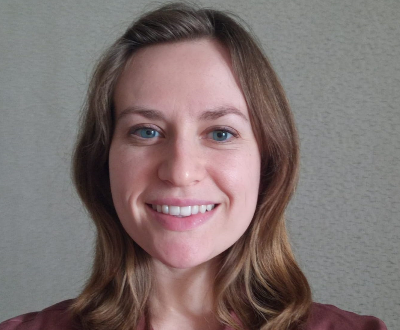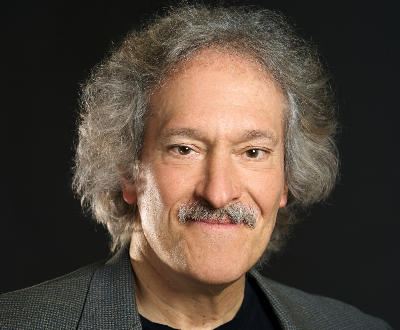Professor of TESOL (USA)

International Research Conference on Education, Language and Literature


Professor of TESOL (USA)

Emily Rinkema (USA) is a proficiency-based learning coordinator in the Champlain Valley School District in Vermont, supporting standards-based instruction and learning in grades 5-12. She also co-designed and co-taught Think Tank, a class that puts high school students at the center of the educational transformation happening around them. Emily began teaching English and humanities at Champlain Valley Union HS twenty years ago, and was inspired by the progressive philosophy of the school and community from the start. While teaming in a heterogeneous tenth grade humanities class, she became obsessed with differentiated instruction and standards-based learning, applied for a sabbatical, and

Annelise Marshall ELF (USA)

Kyla McMillan- USA Meeting the Challenge of ChatGPT with Creativity from Students and Teachers Since it burst onto home computer screens across the world in late 2022, ChatGPT has been the talk of the town — making headlines, creating whispers in technology circles, and becoming the center of a debate in education. ChatGPT was immediately labeled the enemy in The End of High-School English (Herman, 2022) and banned in New York City schools (Yang, 2023). However, the fact of the matter is, ChatGPT and similar A.I. chatbots are here to stay. As educators, how can we meet this new challenge and prepare

Teaching Professor at Center for Jewish Civilization In Plato’s Cratylus, the question of what words and names are and what language is found their first articulation in Western thought. What is so important to Socrates and Plato–being able to understand what truth, justice, happiness–and ultimately the Good–are requires language. Without it, they imply, we cannot think. Without it we certainly can’t have the dialogues with others necessary to come to a clearer understanding of the world and our place within it. Over the next 2500 years, that perception is expanded by an understanding of the role of words in grammar and syntax (thanks to the